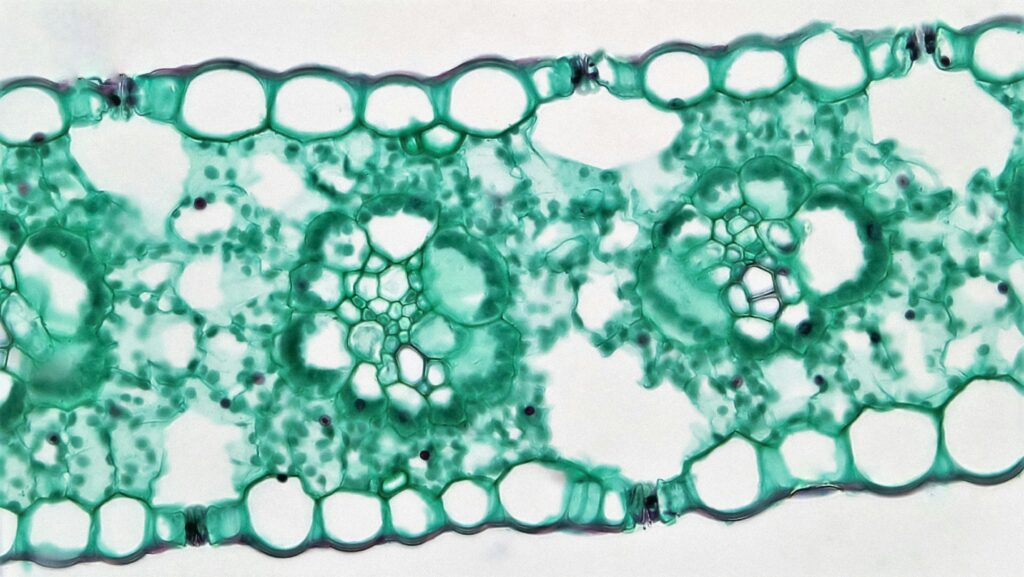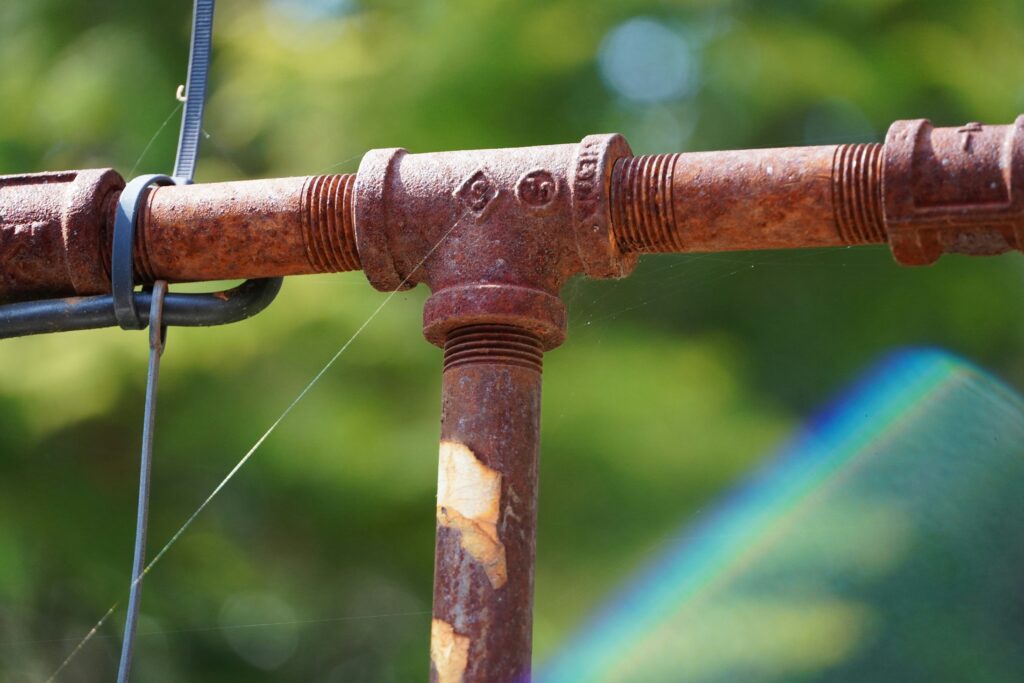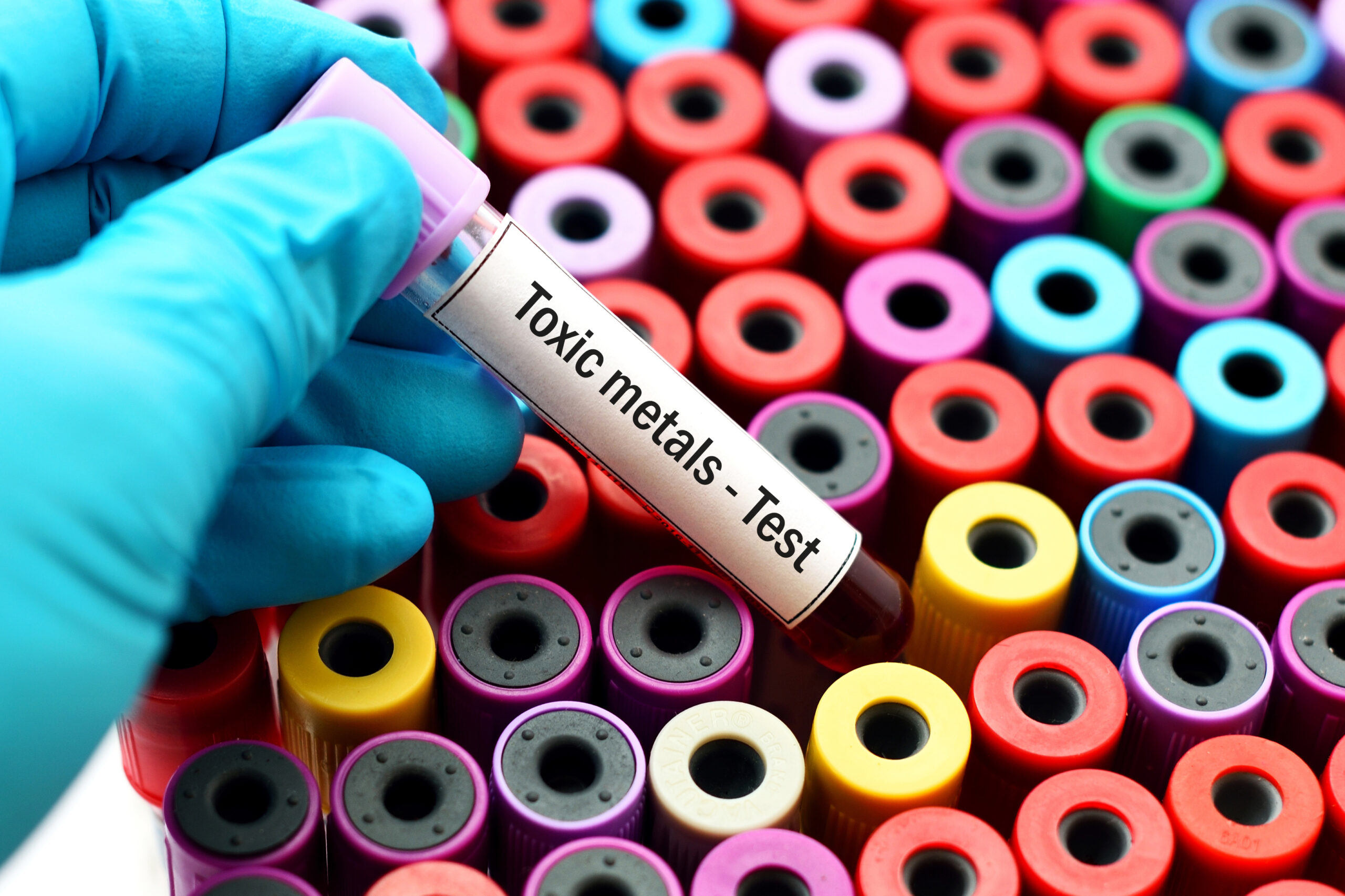At Clay, we believe better health starts with better information. One of the most overlooked—but incredibly impactful—areas we examine with our patients is Toxicity.
We’re all exposed to toxins. Every day. From the air we breathe and the food we eat to the cookware in our kitchens and the packaging on our shelves, modern life introduces a steady stream of chemicals, heavy metals, and environmental pollutants into our bodies.
You may not feel it immediately. But over time, that “toxic burden” builds up, silently draining your energy, weakening your immune system, interfering with hormones, and accelerating aging and disease.
Let’s break it down—what toxicity really means, why it matters, and what you can start doing about it today.
Why Clay Cares About Toxicity
Toxins don’t always cause acute symptoms—but they slow down your cellular engines in ways that can be hard to detect until it’s too late. They cause:
- Chronic inflammation
- Oxidative stress
- Mitochondrial damage
- Hormonal disruption
- Gut microbiome imbalances
You may assess your Total Toxic Burden through advanced lab testing. This will give you insight into what’s really going on—and how to reverse it before it leads to something serious.

The Most Common Toxins We See
Here are a few toxic compounds we frequently identify in our patients’ lab panels:
- Ochratoxin A: A mold-based toxin that often hides in water-damaged buildings or food storage.
- Heavy Metals: Like mercury, arsenic, cadmium, and lead. Often from seafood, old pipes, soil, or industrial pollution.
- PFAS (Forever Chemicals): Found in non-stick pans, takeout containers, waterproof fabrics, and more.
- 2-Hydroxyethyl Mercapturic Acid: A marker of plastic and solvent exposure—think processed food packaging and cleaning agents.
These toxins don’t just hang around—they actively block your body’s ability to heal, thrive, and perform.

If you suspect your home has aging or corroded pipes, especially in older construction, you could be exposed to heavy metals like lead or cadmium.
Simple First Steps: How to Lower Your Toxic Load
Reducing your exposure doesn’t require an overhaul—just a few intentional changes:
1. In the Kitchen
✔️ Ditch non-stick cookware and switch to cast iron, stainless steel, or ceramic to reduce PFAS exposure.
✔️ Use a reverse osmosis or carbon-filtered water system to filter out heavy metals and forever chemicals.
✔️ Avoid plastic containers—opt for glass or stainless steel instead.
2. At the Table
✔️ Add 1–2 servings of cruciferous vegetables daily—broccoli, kale, arugula—to support your liver’s natural detox enzymes.
✔️ Include foods high in fiber to support regular elimination (chia, flax, lentils, leafy greens).
3. Around the House
✔️ Use non-toxic cleaning and personal care products—read ingredient labels and look for EWG-verified brands.
✔️ Improve air quality with HEPA filters or houseplants like peace lilies and spider plants.

What About Detoxes?
“Detox” has become a buzzword, often used to sell juice cleanses and powders. But real detox isn’t a quick fix—it’s a biological process your body is doing all the time.
Your liver, kidneys, gut, lymphatic system, and skin are all involved. Our job is to support and optimize these systems—not overwhelm them with drastic interventions.
Foundational Practices That Support Detoxification
- Support gut health: Probiotics (10–50 billion CFU daily) and prebiotics (like inulin) keep your gut moving and eliminate toxins.
- Sleep 7–9 hours nightly: Most detoxification happens at night—especially in the liver and brain.
- Manage stress: Chronic stress impairs detox. Use breathwork, meditation, or movement practices that bring your nervous system down.
- Exercise regularly: Sweat, circulation, and lymphatic flow are essential. Even walking 30 minutes daily helps.
Personalized Plans, Real Results
Everyone’s toxic burden is different. Some of us are better detoxifiers. Others need more support.
At Clay, we don’t believe in guessing. We believe in data, action, and results.
Whether you’ve already reviewed a Toxicity Panel with us or are just beginning to explore this area of health, we’re here to help you clear out what’s holding you back—and make room for real vitality.
Start clearing the path to better health. Join Clay.

